- Home
- Forums
- Sleep apnea Forum
- Living with sleep apnoea
- 🐚 Can blowing into a conch shell help with sleep apnoea?
Patients Sleep apnea
🐚 Can blowing into a conch shell help with sleep apnoea?
- 14 views
- 0 support
- 1 comment
All comments
![]()
gerriplayer
![]()
gerriplayer
Last activity on 15/02/2026 at 15:37
Joined in 2017
6 comments posted | 5 in the Sleep apnea Forum
Rewards
-
Explorer
Yes, I would try it
Give your opinion
Survey
Survey
Members are also commenting on...
Articles to discover...

12/12/2018 | Testimonial
Fighting schizophrenia symptoms: a long journey against paranoia after detainment and denial

08/02/2019 | Testimonial
Stop industrial foods to fight obesity, diabetes, Lyme disease and depression
Subscribe
You wish to be notified of new comments
Your subscription has been taken into account

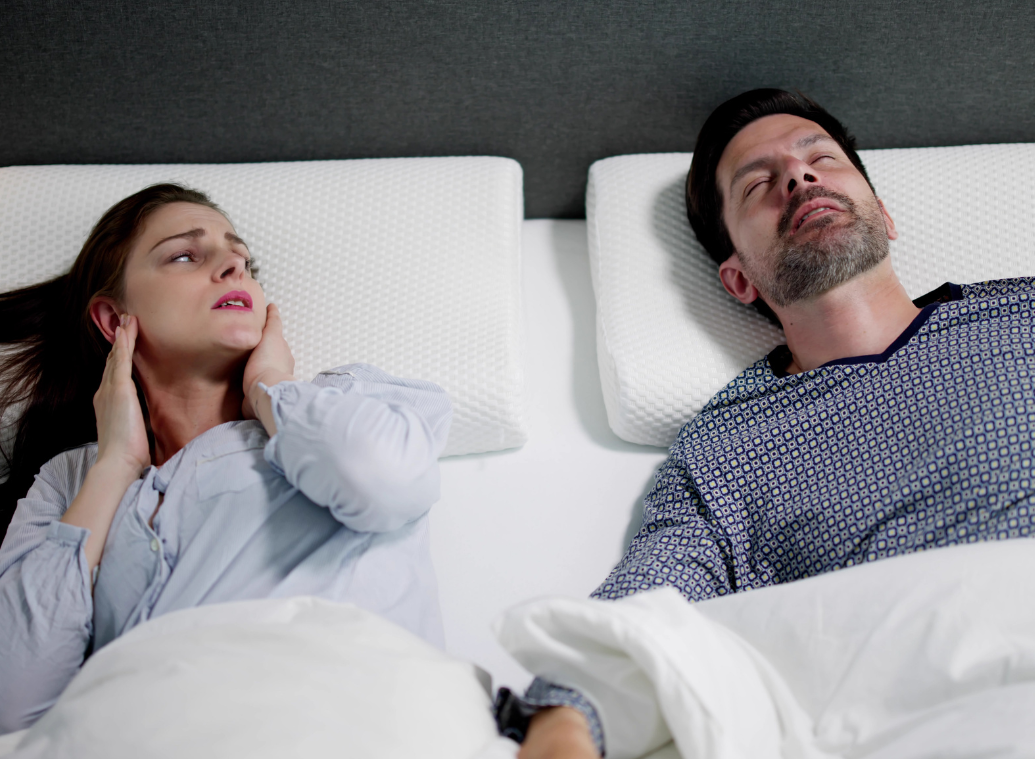
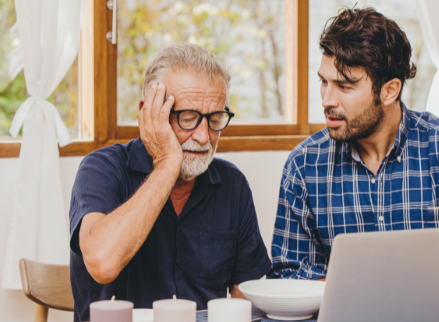
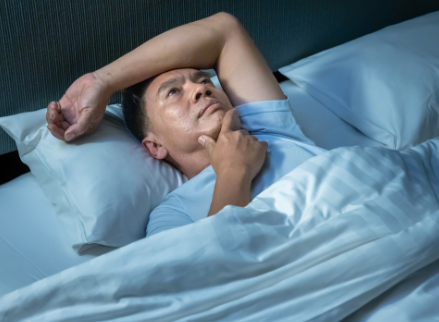
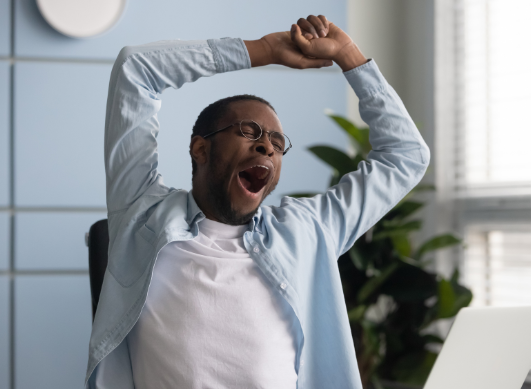
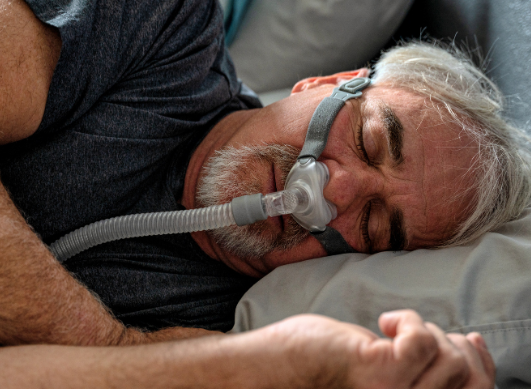

Somya.P
Community managerGood advisor
Somya.P
Community manager
Last activity on 26/02/2026 at 19:47
Joined in 2023
933 comments posted | 16 in the Sleep apnea Forum
87 of their responses were helpful to members
Rewards
Good Advisor
Contributor
Messenger
Explorer
Friend
Hi everyone, how has your sleep been lately?
This might sound a bit unusual, but I came across a small study that caught my attention, so I wanted to open it up for discussion here.
Researchers in India recently looked into an ancient yogic breathing practice called shankh blowing (basically, blowing into a conch shell) and found that it might help reduce symptoms of obstructive sleep apnoea. The idea is that the technique involves strong, sustained exhalations, which could help strengthen the muscles of the upper airway (like the throat and soft palate) that often collapse during sleep in people with OSA.
💡 In this small trial, people with moderate OSA who practiced conch blowing daily for six months had fewer apnoea episodes and felt more alert during the day compared to those who just did deep breathing exercises.
🎺 It reminded me of something I’ve heard anecdotally from musicians: wind instrument players (like saxophonists or trumpet players) sometimes report stronger breathing control and fewer apnoea symptoms over time. Could there be a link?
👉 That said, this was a very small study, and it’s not a replacement for CPAP, lifestyle changes, or medical treatment. But for those who find CPAP uncomfortable or inaccessible, it might be something worth exploring, alongside your doctor’s advice, of course.
Have you heard of this before?
Do you play any wind instruments or practice similar breathing exercises?
Would you try something like this if it helped with your symptoms?
@Lorkinn @rayles @stevenelvin @PGoodrum @Angel2015 @chriswizzy @Senco1 @ranji13 @atibella @Osidge @Sheryla9 @countrymaid @asthmasucks @jenfyer @Jackiebl @RS2scooby @wiselady1950 @Catlady @mhp1947 @Drgn10 @Tindo63 @bully10 @SMcD1964 @robjmckinney @AngelaP63 @Chrissie1564 @CestusMagnus @fairies @sharden @JulesB @Chriss @terenco30 @maxeypoo @jediknight @Hazelgrace @Bobtraining @johnny66 @Juneyred @kev1958 @Polly34 @Scobie @bexpom @Eleanor39 @Dippy1 @mark72 @Martina1956 @Scholey23 @Manton @BoneShaker @libra98uk @Bobcaz @Julie58 @JazzyC @Joanne123 @Pippadog @Tigger.co.uk @arabale @Michele1811 @TimboC @Dolphin74 @LyKon82 @johnmj @Eatonbo @Poodle @gerriplayer @Daisydef @sophiesmum @chrissie2018 @JennyC1957 @AishahB135 @mighal602 @Carlfish @PinkladyPinklady1963 @Jayneeglen @Ginnie @gabbiehol @Mike61 @Elibelly @wendsx @PhoenixMarie @Faithkitty @Pamela62 @TrudyL @Ingirid @Janmilakovic @Pete1966 @NannasGirl1982 @STEVIE1010 @Rolandv111 @emily.kennewell @Ladygolferblue
Let’s talk!
Take care,
Somya from the Carenity team 🌼